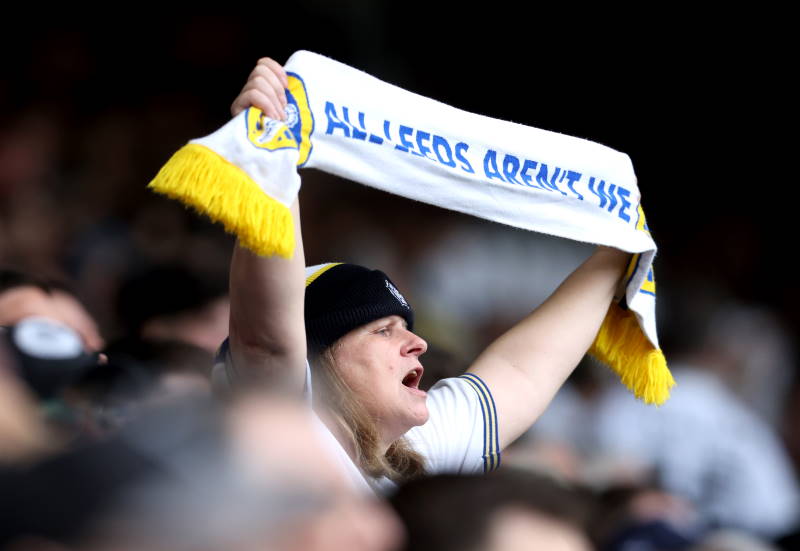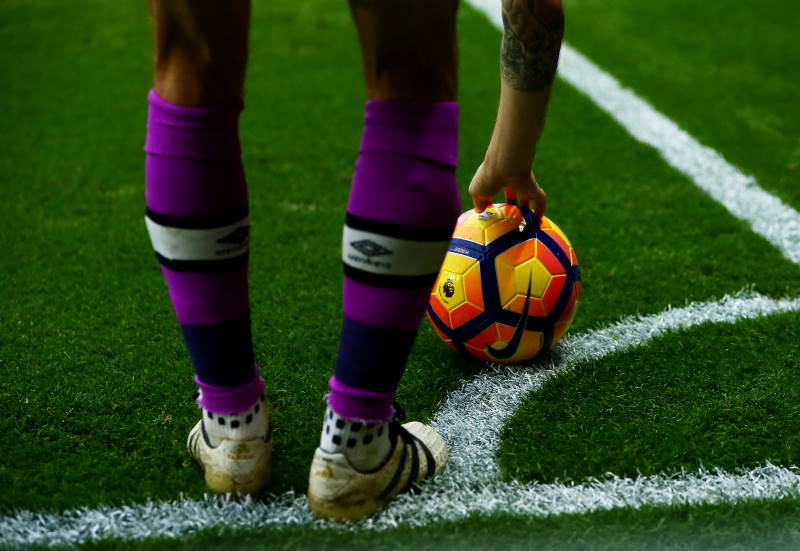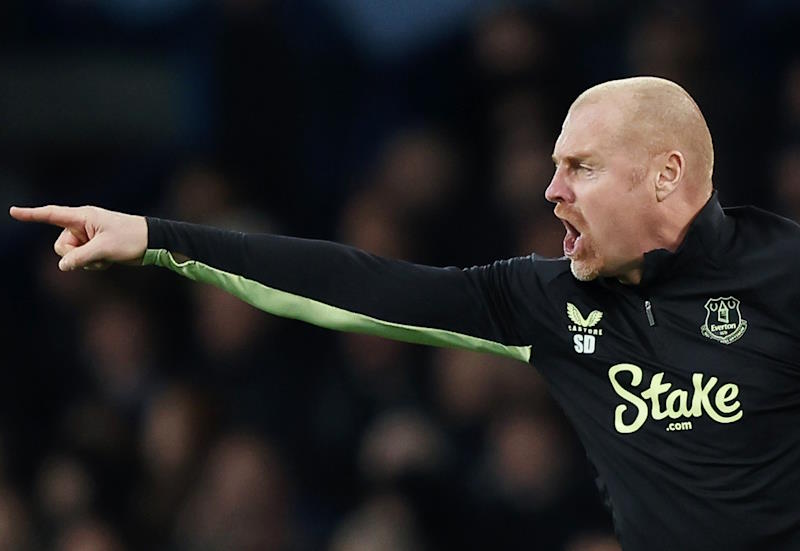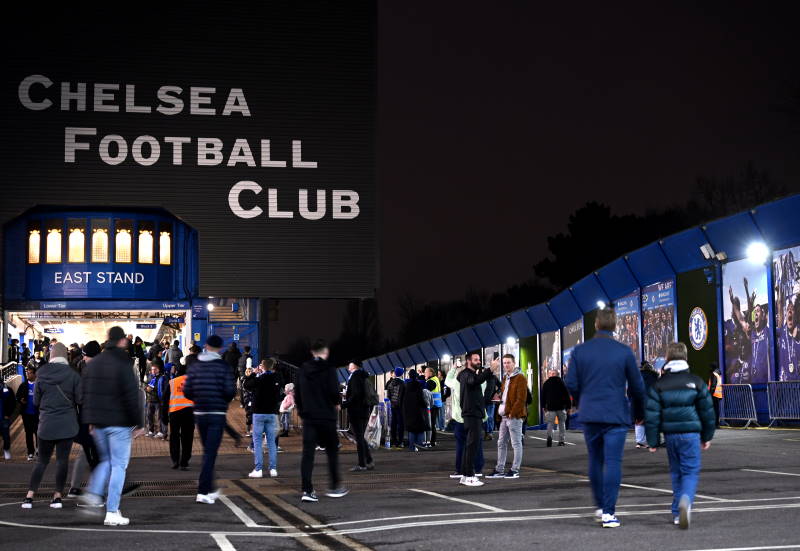
Ioannis Makarounas
2008 almost saw what would have been one of football’s most unlikely fairytales, when a Cypriot team looked destined to reach the Champions League knockout phase. Anorthosis Famagusta are a team in exile, forced out of their original home because of the Turkish invasion of Cyprus in 1974. Relocated in Larnaca, the ‘Old Lady’ as they are nicknamed, managed to win seven Cypriot championships and in 2008 qualified for the Champions League at the expense of Greek heavyweights Olympiacos.
Led by a Georgian, fondly remembered by fans of English club Newcastle United for a disagreement he had with an advertising hoarding, Anorthosis would have qualified for the knockout stages of the competition had it not been for a careless 16 minutes that saw them throw away a two-goal lead against Werder Bremen; Temuri Ketsbaia’s troops ended up leaving the competition in a disappointing last place in their group.
European football soon followed for another Cypriot team a year on though. On this occasion it was APOEL Nicosia who would enjoy the spotlight as they beat Danish powerhouses FC Copenhagen – their reward was a group containing Chelsea, FC Porto and Atletico Madrid.
Another former Newcastle player, midfielder Nikki Papavasiliou, less notorious than Ketsbaia, but the only Cypriot to have ever played in the English Premier League, believes the Champions League ventures of Anorthosis and his former club APOEL have had a positive effect upon Cypriot football: “Absolutely, it had a positive effect.
“It increased the level of Cypriot football in many aspects and those two teams did very well in the Champions League”.
This abrupt Cypriot success is not due to an abundance of homegrown talent however. Earlier this year the Professional Football Players Observatory, a research group from one French and two Swiss universities, released a survey which revealed some astonishing statistics about the state of the Cypriot domestic game and perhaps uncovered the true cost of securing a spot at Europe’s top table. The findings of the survey, titled ‘Demographic Study of Footballers in Europe’ are based on: “A census of 13,108 footballers, currently playing for 534 clubs in 36 top division leagues of UEFA member national associations”.
Perhaps the most distressing statistic found in the survey was in regard to the number of foreign footballers in the Cypriot league, an astounding 72.30% of players in the country’s top division are foreign nationals. Couple this with the official title of Europe’s oldest league – thanks to an average age of 28 – and it is easy to see why some believe Cypriot football is in dire straits.
But there is hope. Cristos Acardos is the academy director of MegaSport Academy in Limassol and believes schemes such as his own are key to helping Cypriot clubs produce home-grown talent once again: “We are a private football academy, which means we are not associated to or controlled by any local football club member of the Cyprus Football Association. We do however, co-operate with all the clubs in Cyprus”, explained Acardos.
“Our goals are to teach and develop every player according to his abilities and of course develop good characters on and off the pitch. If the opportunity arises and we have a talented player, he follows the elite programme”.
Acardos believes that the lure of Champions League football will attract more foreign players to Cyprus, thus making his difficult task even harder: “We have to point out that one of the main reasons for European qualification was due to foreign players. All the Cypriot clubs are trying to get quality foreign players to achieve their goal of Champions League qualification, at the same time increasing their budgets and sacrificing young talented Cypriot players. The presence of the Cypriot clubs in the Champions League group stages made their efforts to convince quality foreign players to play in Cyprus, easier. The standards are higher now in Cyprus, because of these quality players”.
But while an increase in talented performers is often cause for a country and its fans to celebrate, Acardos believes that this foreign imbalance is having a harmful effect on Cyprus’ previously loyal hoards of supporters. Fans have become disillusioned he argues, worrying about a lack of Cypriots in the game they love and pay to see. “It worries me a lot”, explained the MegaSport director. “A lot of people are turning away because they believe that the players are only playing for the money, they don’t care about the history of the club, they don’t know the Cypriot culture. Soon these problems will affect our national team. I believe that soon our national team will only be selected from players in the second division of the Cypriot league”.
And Acardos is not alone in his concern, with Papavasiliou agreeing with the director’s conclusions, claiming the increasing number of foreigners in Cypriot football worried him as a player; so much so that the ex-Newcastle man set up an academy almost as soon as he retired from the game. “It worries me a lot; it has been a problem I have seen for many years”, revealed the 40-year-old. “When I stopped playing football, I immediately wanted to change this problem. I created an academy, which I have been running for nine years; we develop players, and we coach players and try to do it in the proper way. But it’s not enough, the whole nation should be concerned with this problem. I think we are way behind where we should be in terms of coaching and developing players and very soon if we carry on going the same way, the national team will decline and all Cypriot football will suffer”.
The country’s FA however often reaffirms the viewpoint that young Cypriot footballers will improve by training on daily basis with experienced foreign stars. It is a case often put forward in leagues with a high overseas contingent, but is a view Papavasiliou disagrees passionately with, claiming that he has noticed a lack of fervor and motivation in young Cypriots since the increase in foreign imports. He attributes this decline in endeavor to a lack of faith: Young Cypriots rightfully believe they will never be picked ahead of their experienced and expensive foreign rivals: “If Cypriots can step back and see, that the players they are playing with are quality players, then they will learn and then they can improve.
“It is also up to the manager to help them learn. But sometimes you cannot help young players. Sometimes you don’t see the fire in their eyes. You see this a lot, young (Cypriot) players who haven’t even played for the first team, expecting the lot. There is no motivation, I sometimes don’t see motivation when I look at young Cypriots’ eyes and this worries me a lot.
“If they cannot get to the level, and they don’t have the attitude to challenge or compete, they go to the lower divisions. This happens a lot”.
When asked whether Cypriot FA planned to rectify the situation, a sudden tone of disappointment was evident in Acardos: “The Cypriot FA is not an independent organisation. It consists of the Cypriot football clubs; therefore all the decisions they make are for the benefit of the majority of the big clubs and not necessarily for the benefit of Cypriot football. We have managed to raise the quality of our league in the wrong way. The value of our league depends on our imports and not from our own resources”.
Finding solutions to the problems facing Cypriot football remains a difficult task. After tasting Champions League football, the Cypriot FA will tread tentatively, in fear of dismantling a system that has finally brought the country the glamour of European football. Acardos though believes a fundamental change is the only solution, with Cypriot football using the wealth within it for the good of the country’s game as a whole: “The FA should impose some regulations regarding their imports.
“For example, they can say for every €100,000 spent on a foreign player, the club must show evidence of €100,000 investment in their academy or infrastructure. This way you force the club to invest in their academy and on the infrastructure that is needed to improve the quality of homegrown players”.
Cypriot football has spent centuries chasing the dream of regularly competing against the best in the European game. Now they have achieved this feat, an air of anti-climax is obvious. And a trail of destruction created by a single-minded pursuit of the Champions League may have permanent consequences. A nation which set out to become recognised globally for the modest quality of its elite teams could have become an international example of the route not to take.












